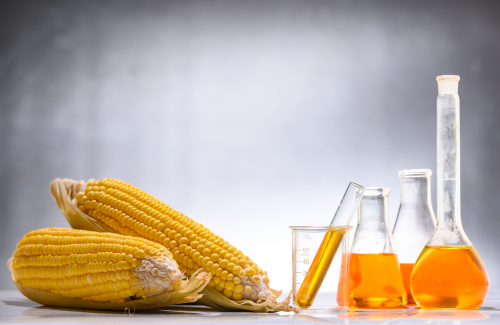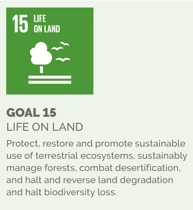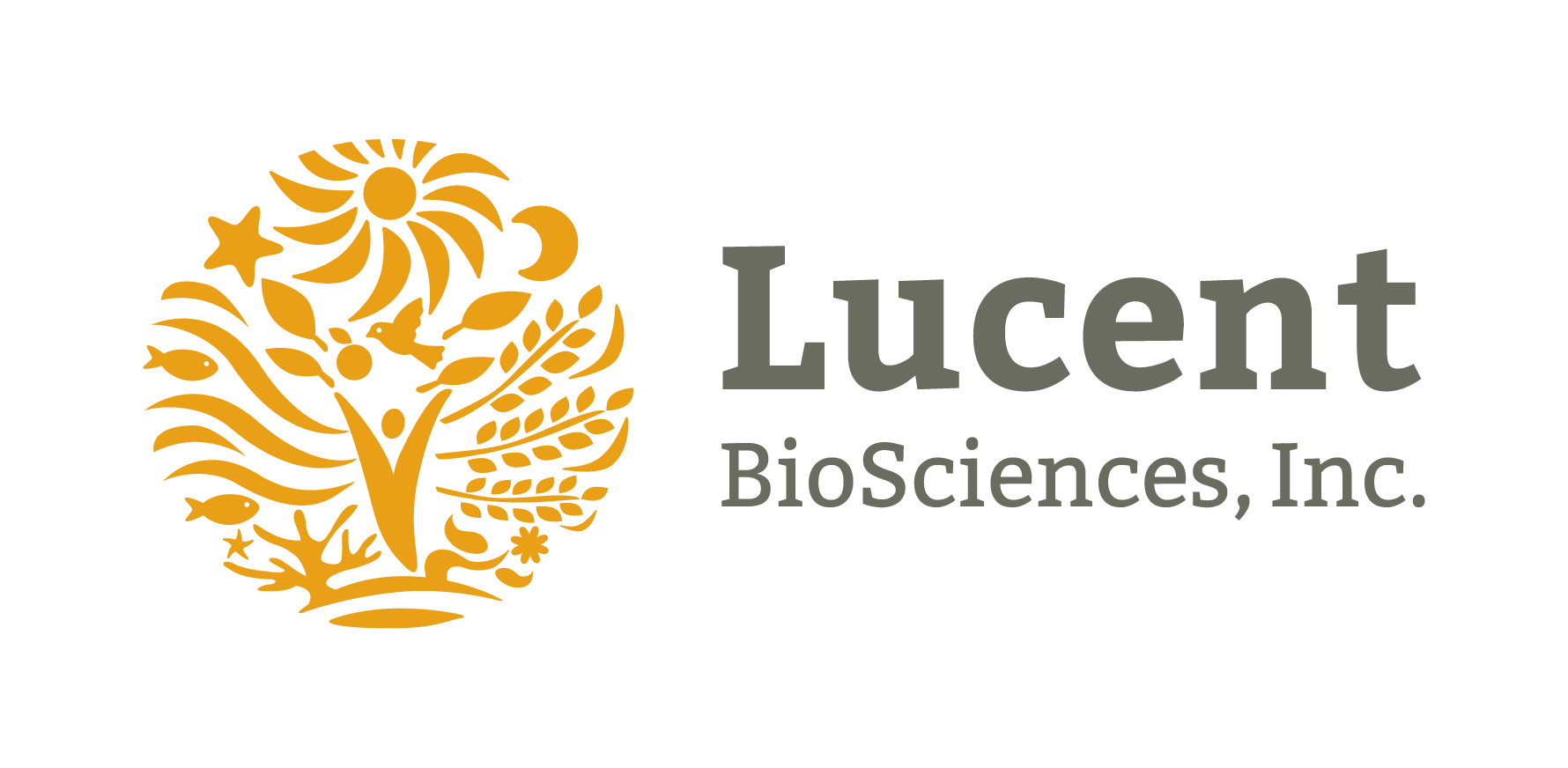Soileos stands at the forefront of sustainable agriculture, revolutionizing the way we nourish crops. Soileos solutions bind micronutrients to cellulose and uses the soil's natural biological activity to release nutrients to crops as required. Soileos increases crop yield, improves soil health and is climate-positive, reducing the impact on the environment without compromising profitability. Let's explore the diverse ways in which this innovative fertilizer leads the way in propelling a sustainable agri-food system.
1. Boosting Soil Organic Carbon (SOC)
.png?width=451&height=451&name=SOC%20Increase%20Potential%20(t%20CO2e%20%20t%20of%20Soileos).png) One of Soileos’ pivotal contributions lies in its ability to increase Soil Organic Carbon (SOC) levels. Soil organic carbon is carbon that is stored in the soil after the decomposition of a material produced by living organisms and is essential for sustaining soil health. Soileos helps plants grow bigger roots, which increases the amount of carbon stored in the soil, resulting in elevated SOC levels. This happens because Soileos provides a form of carbon—cellulose—that microbes can easily use. Significant amounts of soil organic carbon can be lost each year from fields, depending on tillage practices used and other factors. Conserving SOC can increase food production by 17.6 megatonnes per year. For every tonne of Soileos applied, 3 tonnes or more of SOC-related benefit is achieved.
One of Soileos’ pivotal contributions lies in its ability to increase Soil Organic Carbon (SOC) levels. Soil organic carbon is carbon that is stored in the soil after the decomposition of a material produced by living organisms and is essential for sustaining soil health. Soileos helps plants grow bigger roots, which increases the amount of carbon stored in the soil, resulting in elevated SOC levels. This happens because Soileos provides a form of carbon—cellulose—that microbes can easily use. Significant amounts of soil organic carbon can be lost each year from fields, depending on tillage practices used and other factors. Conserving SOC can increase food production by 17.6 megatonnes per year. For every tonne of Soileos applied, 3 tonnes or more of SOC-related benefit is achieved.
2. Empowering Biofuel Production
Soileos not only maximizes crop yields but also promotes the cultivation of crops commonly used in bioenergy production, such as corn and soybeans. By enhancing the productivity of these bioenergy crops, Soileos presents a sustainable alternative to fossil fuels, thereby mitigating greenhouse gas emissions and reducing dependence on non-renewable resources. Four years of field trials with Soileos indicate that the application of Soileos can potentially decrease the carbon intensity of biofuels by up to 5%, resulting from the increased yields it facilitates. This reduction in carbon intensity contributes to the displacement of fossil fuels from the energy mix aligning with efforts to mitigate direct and indirect land-use change emissions associated with biofuel production. Ultimately, Soileos plays a vital role in fostering a more sustainable and environmentally friendly approach to biofuel production and energy consumption.
3. Reducing N2O Emissions
Soileos enhances nutrient use efficiency when it increases crop yields without increasing other crop fertilizer inputs. This could result in reduced nitrogen requirements or less excess nitrogen application, potentially lowering N2O emissions. Not only is this providing the opportunity to reduce the use of other crop inputs, it could lower the manufacturing emissions of other crop inputs due to reduced demand and production.
4. Reducing Land Use Change
 Soileos's ability to increase yields without the need for additional land alleviates pressure on land use, thereby positively contributing to mitigating indirect land use change (iLUC). By enhancing productivity on existing farmland, Soileos reduces the necessity to encroach upon natural habitats, preserving carbon stocks, mitigating deforestation, maintaining biodiversity, and preventing feedback loops that exacerbate climate change. This aligns with Sustainable Development Goal (SDG) 15: Life on Land, as Soileos aids in mitigating iLUC and supports sustainable land management and biodiversity conservation efforts.
Soileos's ability to increase yields without the need for additional land alleviates pressure on land use, thereby positively contributing to mitigating indirect land use change (iLUC). By enhancing productivity on existing farmland, Soileos reduces the necessity to encroach upon natural habitats, preserving carbon stocks, mitigating deforestation, maintaining biodiversity, and preventing feedback loops that exacerbate climate change. This aligns with Sustainable Development Goal (SDG) 15: Life on Land, as Soileos aids in mitigating iLUC and supports sustainable land management and biodiversity conservation efforts.
5. Sustainable Manufacturing Practices
Soileos sets a new standard in sustainable manufacturing with its significantly lower environmental impact compared to existing technologies like EDTA-based micronutrient fertilizers. Requiring less water and emitting fewer air pollutants, Soileos boasts a manufacturing footprint that emits about 4 tonnes less greenhouse gas (GHG) emissions per tonne produced. Environmental footprint analyses reveal that manufacturing Soileos Zinc emits 1/4th of the GHG emissions of Zinc EDTA. The production and use of Soileos Zinc result in a net positive sequestration of 4 tonnes of greenhouse gasses, thanks to its reduced water requirements, lower release of air pollutants, and unique mode of action. Other Soileos products, including Soileos Iron, emit approximately 1/6th of the emissions of Iron EDTA, aligning to the long term needs of climate-smart agrifood systems.
Soileos technology provides an opportunity to embrace climate-smart agri-food systems. With Soileos, we not only optimize crop yields and soil health but also forge a path toward a greener, more resilient future for generations to come. Join us in harnessing the power of Soileos to foster climate climate resilience and cultivate a more sustainable tomorrow.

